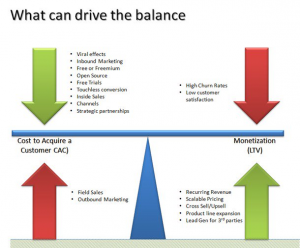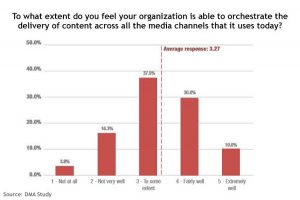— September 19, 2017

Templune / Pixabay
Digital devices and channels are constantly evolving, and so are your customers. The way shoppers search online is changing every day. So to stay competitive in the age of omnichannel commerce, you need to create content that delights, engages, and enables shoppers to purchase across multiple devices.
You don’t have to be an SEO expert (or even hire one) to improve your site’s search engine visibility. Here are some tips to stay ahead of the constantly evolving world of SEO.
Do:
Do write your own description
Make sure your product names and description contain the search keywords you want to attract. The same rules apply to category names and descriptions.
Do optimize your CMS pages
Make sure your site has informational pages with well-written, keyword-rich content. CMS pages are a great place to feature product guides and even videos—but don’t forget to include written descriptions and content summaries.
Do create an awesome blog
Blogs are important places to feature high-velocity content, which can help improve your search rankings. Writing about ideas for the holidays, or commenting on newsworthy or trending twitter topics are a great way to attract short-term search engine traffic.
Do include customer reviews
User-generated content is a magnet for search engines. Product reviews by real buyers are a fantastic way to encourage users to add information to your site—search engines (and shoppers) love them.
Do seize location-based opportunities
Focus on user generated content including points or incentives for reviewing. With data amplification you can ensure your brand is present across all moments of discovery.
Don’t:
Don’t rely on the manufacturer’s description
Search engines view this as duplicate content, and your website might be penalized. Google may not even index it in the first place (Eek!). Product descriptions are your opportunity to write one-of-a-kind, compelling sales copy to help search engines and customers find your products.
Don’t go keyword crazy
In the early days of the web, search engines used keywords to determine page rankings. But keyword spammers ruined all that, and search engines have become highly sophisticated. Today, your keyword field can even signal to your competitors your keyword strategy. If you haven’t already, it’s time to delete your keywords field.
Don’t keep it simple
It may seem like a clever idea to change the convention of your URLs and meta titles, but this can leave your store site susceptible to Google Panda. Since 2011, Panda has been lowering the rank of “low-quality sites” or “thin sites,” specifically targeting websites with high levels of indexable pages with very little unique content.
Don’t just ‘set and forget’
The “O” in SEO stands for “optimization.” It’s critical to have a person or team to continually analyze, measure, and optimize your SEO.
Digital & Social Articles on Business 2 Community
(44)
Report Post







